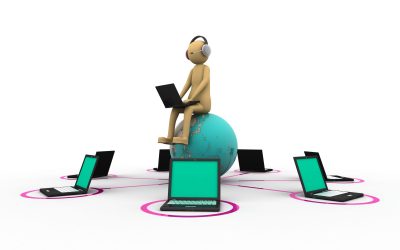Electronic medical records have revolutionized medical practices all over the United States, and the global market for EMR is expected to grow at a rate of about 6% per year. What makes this technology so popular?
Go Paperless
With EMR, you can forget about the hassle of paper charts. All of your patients’ history and information is localized in one place, and can be accessed instantaneously. Additionally, your office staff can focus more of their time on direct patient interaction and customer service rather than dealing with forms and files.
Manage Medication
For patients dealing with mental illness or substance abuse issues, behavioral health EMR can make a world of difference. Medication is often an important part of treating these patients, and you can’t afford to make errors, especially if medication like opioids are involved. With EMR, you can keep track of your patients’ medication history, allergies and drugs interactions, dosages, and when to send in new prescription refills. EMR also allowed you to transmit prescriptions to pharmacies electronically.
Stay Connected
EMR can help you stay connected with all of the providers who have treated your patient, from specialists to hospitals to labs. With all of the information in one place, you can get a complete picture of your patients’ medical history, order tests, and input notes to your own chart or to other providers. Best of all, EMR can help you avoid sending your patients for unnecessary testing and keep track of results they’ve already received.
This is only a brief look into all of the ways that EMR can benefit your practice, help you and your staff get a better focus on care, and keep all of your patients’ information in one secure place. Making the switch to behavioral health EMR can transform your practice and provide you with resources that are more accessible than ever before.








